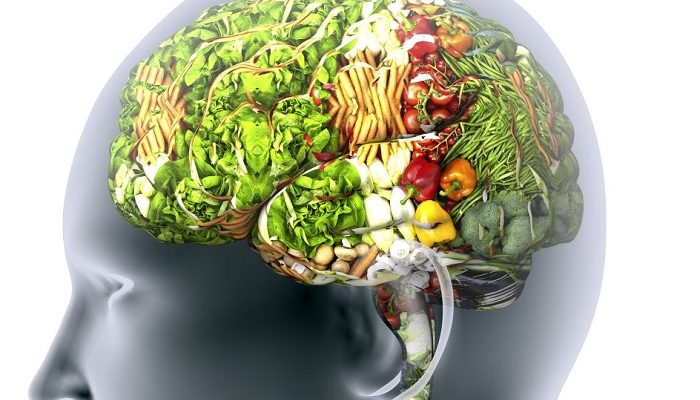Mental health is an important part of our overall health and well-being. It is essential to maintain good mental health in order to live a happy and productive life. Nutrition plays an important role in maintaining mental health, and the best way to ensure you are getting the right nutrition is to understand how to use food to optimize mental health. In this article, we will explore the role of nutrition in mental health, including what nutrients are essential for mental health, how nutrient-rich foods can improve mental health, and what research has been conducted regarding nutrition and mental health.
Definition of Nutrition
Nutrition is the process of providing the body with the essential nutrients it needs to stay healthy. The nutrients required by the body are proteins, carbohydrates, fats, vitamins, and minerals. These nutrients can be found in the form of whole foods such as fruits, vegetables, nuts, seeds, legumes, and grains, or in the form of dietary supplements.
Nutrient Deficiencies and Mental Health
Nutrient deficiencies can have a negative impact on mental health. For example, a deficiency of B vitamins such as folate, B6, and B12 can lead to depression, anxiety, and other mental health issues. Additionally, a deficiency of omega-3 fatty acids can lead to poor memory, difficulty concentrating, and mood swings. It is important to ensure that you are getting the right amount of essential nutrients in order to maintain good mental health.
Nutrient-Rich Foods and Mental Health
Eating nutrient-rich foods can help improve mental health. For example, foods that are rich in omega-3 fatty acids such as fatty fish, walnuts, and flaxseeds can help improve mood and reduce symptoms of depression and anxiety. Additionally, foods that are rich in B vitamins such as leafy greens, legumes, and whole grains can help improve mental clarity and focus. Eating a balanced diet that includes a variety of nutrient-rich foods is the best way to ensure your body is getting the nutrition it needs for optimal mental health.
Nutrition and Mental Health Treatments
In addition to providing essential nutrition, certain foods can also be used as part of a mental health treatment plan. For example, foods that are rich in omega-3 fatty acids such as fatty fish, walnuts, and flaxseeds can help reduce symptoms of depression and anxiety. Additionally, foods that are rich in B vitamins such as leafy greens, legumes, and whole grains can help improve mental clarity and focus. It is important to consult with a medical professional when considering nutritional interventions as part of a mental health treatment plan.
Research Regarding Nutrition and Mental Health
Research has shown that nutrition can have a positive effect on mental health. Studies have found that omega-3 fatty acid supplementation can reduce symptoms of depression and anxiety. Additionally, research has found that B vitamin supplementation can improve mental clarity and focus. It is important to note that not all studies have found positive effects of nutrition on mental health, and more research is needed to better understand the role of nutrition in mental health.
Conclusion
Nutrition plays an important role in maintaining good mental health, and the best way to ensure you are getting the right nutrition is to understand how to use food to optimize mental health. Eating a balanced diet that includes a variety of nutrient-rich foods is the best way to ensure your body is getting the nutrition it needs for optimal mental health. Additionally, certain foods can be used as part of a mental health treatment plan, and research has found that omega-3 fatty acid and B vitamin supplementation can reduce symptoms of depression and anxiety and improve mental clarity and focus. It is important to consult with a medical professional when considering nutritional interventions as part of a mental health treatment plan.
Mental health is an important part of our overall health and well-being, and nutrition plays an essential role in maintaining good mental health. Eating a balanced diet, understanding the role of specific nutrients in mental health, and implementing nutritional interventions as part of a mental health treatment plan can help improve and maintain mental health. Nutrition is not a one size fits all approach, and it is important to consult with a medical professional when considering nutritional interventions as part of a mental health treatment plan.


















Comments